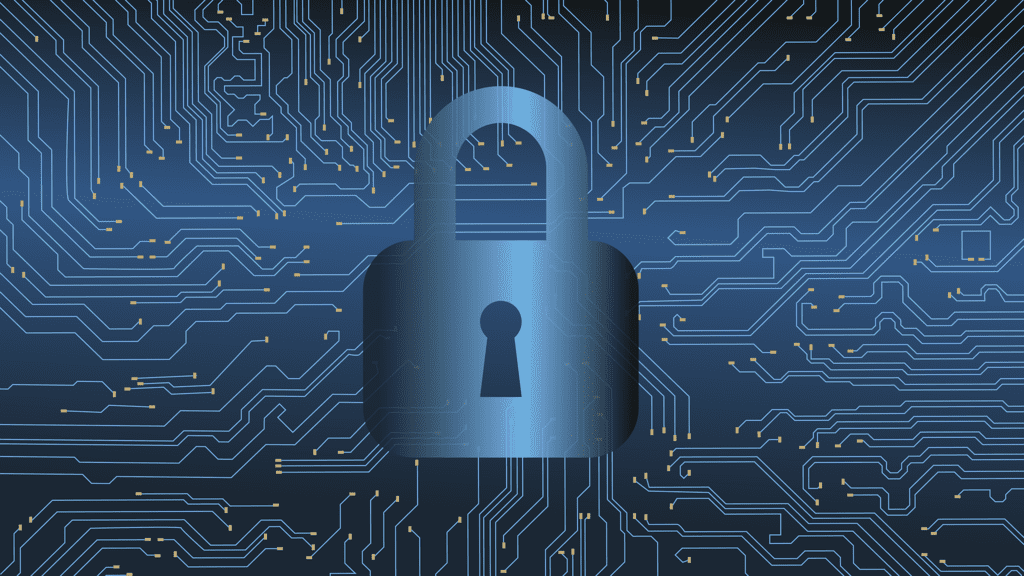Cybersecurity is something you should not ignore since it is here to stay. To be safe from cyber-attacks, ensure you follow the dos and don’ts.
Cybersecurity has become a significant threat in today’s world. Banks and other financial institutions are significant areas haunted by cyber threats. Nowadays, even gambling services are at risk. The cyberattacks have caused problems to even reputable betting sites. Players have lost their money in those gambling sites due to cyber threats. As technology continues to advance, the cyber threats also continue to be more sophisticated. Research showed that most of the large organizations had suffered a security breach in 2019. The worst single breach a large organization suffered amounted to an average cost of 1.46 to 3.14 million euros.
Data security breaches cause a lot of harm to an organization. Some of these harms may include:
- Loss of trust of your consumers. When consumers stop trusting their competency and reliability, it will result in low sales.
- The costs incurred as a result of cybersecurity will affect the overall cost of the business. The price will lead to regulatory fines, compensation payments, and business disruption costs, which will lead to the organization’s losses.
Since cybersecurity is a significant threat to any organization, you should ensure you know how to protect yourself. You should also understand the legal issues involved in cybersecurity. The following are some of the dos and don’ts of cybersecurity and the legal issues you should know.
The Dos
1. Backup Everything, All The Time
Most people think that having one copy of the backup is enough, but it is not. It would be best if you considered having like three copies for your safety. You should have the original document, a backup copy for yourself, and an off-site copy stored in the cloud. There are affordable off-site backup systems that help organizations to monitor data whenever there is a change continuously. The backup systems that you use for the off-site backup will monitor the changes and automatically make copies of these changes as they occur. For a local copy, you can choose to use external discs or copy on another computer.
2. Be a Limited User
Did you know that most computers consider you an administrator by default? Therefore you can virtually do anything on the computer. Most cyber-attacks rely on administrators doing something hence allowing the bad guys in. You might not know if what you are doing is risky, and you might think you are doing an innocent thing like visiting a website. However, if you visit a website infected with malware, the malware goes to work, thus infecting your computer. To avoid this, you should avoid being an administrator and be a limited user. It is because the bad guys will have limited access to your computer. Therefore the chances of having a cyber threat become minimal.
3. Use Strong, Long, and Hard to Remember Passwords
Most people use passwords for protection purposes. The challenge that comes with having passwords is having difficulty remembering them. Therefore most people opt to use an easy-to-remember password. They do not know that by doing this, it gives the bad guys an opportunity for cyber attacks. Guessing your easy password won’t be hard for the bad guys once they survey your Facebook or other public sites to learn about you. Therefore, it would be best if you created a strong and long password and should be different for every place you need protection. For remembering purposes, you should use a password vault to store your passwords safely.
The Don’ts
1. Don’t Trust Anyone

Before you do something, you should ensure you critically think of that something, including trusting people. When it comes to cyber threats, even trusting your family is not an option. Most bad guys use family or friends to put your guard down. There are times you may receive an email from a “friend” with a link in it. It would be best if you did not rush into opening it because it is your friend. You should ask questions and find answers to those questions to avoid the risk of cyberattacks.
2. Don’t Become Complacent About Cybersecurity.
It would be best if you never allowed yourself to feel comfortable when it comes to cyber threats. When you do this, you will only be letting your guard down and become a victim of a cyber attack. It would be best if you always assumed you are under attack from outside threats and remain vigilant.
Legal Issues Related to Cybersecurity
The following are the cybersecurity legal issues you should avoid.
1. Breach of Contract Lawsuit
In a breach of contract lawsuit, there must be a contract specifying the responsibilities of each party. One party should file a lawsuit against the other party for not living up to their commitment. In the case of cybersecurity, the client may file a lawsuit against the business for suffering a data breach resulting in losses.
To avoid this, you should let your client know where your responsibilities start and end when it comes to cybersecurity. You should also include clauses in your contract, limiting your liability.
2. Negligence Lawsuit
In a negligence lawsuit, one party files a lawsuit against the other for failing to use reasonable caution, thus harming the plaintiff. You should know that you owe your client the ‘standard of care.’ If you fail to meet the standard resulting in harming the client, the client can sue you.
To avoid this cybersecurity legal issue, you should ensure you live up to the standards of care. Most people ask the question of what the standards are. Unfortunately, no law clearly defines these standards. However, there are controls recommended by the security framework to give you a sense of a reasonable standard of care.
3. Regulatory Enforcement
This cybersecurity legal issue enforces businesses to follow all their rules to the latter and ensure their clients’ safety. The regulators responsible for levying fines and penalties against the company failing to comply are the office for civil rights and PCI DSS. Here are the ways you can avoid this cybersecurity legal issue.
- Know the environment.
- Make the customer responsible.
- Ensure you limit your exposure to cyber attacks
Cybersecurity is something you should not ignore since it is here to stay. To be safe from cyber-attacks, ensure you follow the above dos and don’ts. It is also advisable you understand the legal issues associated with cybersecurity and know how to avoid them.


Join the conversation!